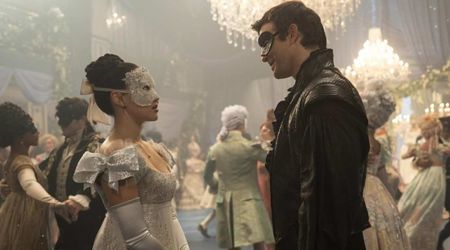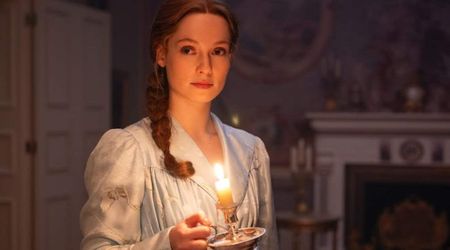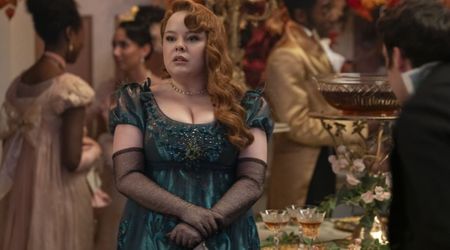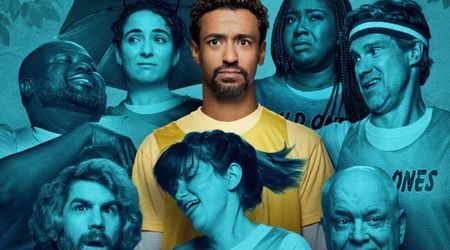'Lovecraft Country' Episode 1 addresses quandary of racist literature, dearth of Black heroes through Atticus

It can't be a random happenstance that the name of the main protagonist of 'Lovecraft Country' is "Atticus Freeman". You can't say "Atticus" and not be reminded of "Atticus Finch" who tried to 'free' a man -- a Black man accused of rape -- in 'To Kill a Mockingbird', but whose segregationist views were revealed in 'Go Set a Watchman'. Harper Lee's second book was a rude awakening of adult disillusionment when readers realized that the idolized man of fiction was based on a real, flawed man.
It is this very distance between idealism and reality that 'Lovecraft Country' is trying to bridge through its fiction. The idealism symbolized by the literary Atticus Finch in the minds of readers is the same idealism that allows his Black namesake, Atticus Freeman, to be a hero in the 1950s. In doing so, the show is trying to erase the historic reality of sci-fi and fantasy TV, film (and book) storytelling that only had White heroes, with Black characters dying (usually sacrificing themselves) to save the White lead characters.
Both these points are established pretty early on in Episode 1 of HBO's 'Lovecraft Country'. After the bus breaks down, a truck comes to pick up only the White folk on the bus. It reminds Atticus that racism doesn't end with state lines, and his army veteran status means nothing in a country that "hates" Blacks. That is the reality of Jim Crow's America. But that reality also bleeds into fiction.
When discussing Edgar Rice Burroughs 'A Princess of Mars', Atticus tells the middle-aged lady (and the only other Black passenger on the bus) as they walk to the nearest town, that the hero is an "ex-Confederate soldier". "Confederate?" says the lady, as if questioning Atticus' reading choices. "Ex...", he tries explaining apologetically. "He fought for slavery. There some things you can't put an ex in front of." And that, ladies and gentlemen, has been the quandary facing Black "nerds" of pulp and popular fiction for decades.
Usually, pulp fiction, outside the purview of 'propah' literature, champions the underdogs, the outsiders, the outcasts -- and yet even in these peripheries of storytelling, there has been no space for Black folk.
So Black readers have had to actively develop blind spots to avoid the blatant racism and "flaws" in what they consumed; they have had to make peace with the non-existent representation within literature and popular media of Black heroes and survivors. This point is again reemphasized in the scene where Atticus is reading the letter from his father to Uncle George, where he talks of how his father Montrose made him read Lovecraft's 'On the Creation of [expletive]' to make him realize that his favorite author was racist.
This truth has the same effect on him that 'Go Set a Watchman' had on readers who considered Atticus Finch to be their 'literary idol'. After a reality-check like that, you as a reader have to decide whether you still want to engage with what gave you pleasure, once upon a time. It is what Atticus goes through as well. He, of course, decides to keep loving pulp fiction despite its flaws.
But 'Lovecraft Country' is trying to give us sci-fi fantasy where we don't have to compromise to 'love' pulp fiction like Atticus has to. It is where, at the end of the episode, the three Black heroes walk out bloody and alive after confronting monsters -- be it racist sheriffs or shoggoths. They are safe, if somewhat shaken, and at the start of a whole new adventure that puts them firmly in the lead. The show is actively carving up racist tropes of American storytelling to serve the Black protagonist for once.
The next episode 'Lovecraft Country' airs on August 23 at 9 pm ET on HBO.










